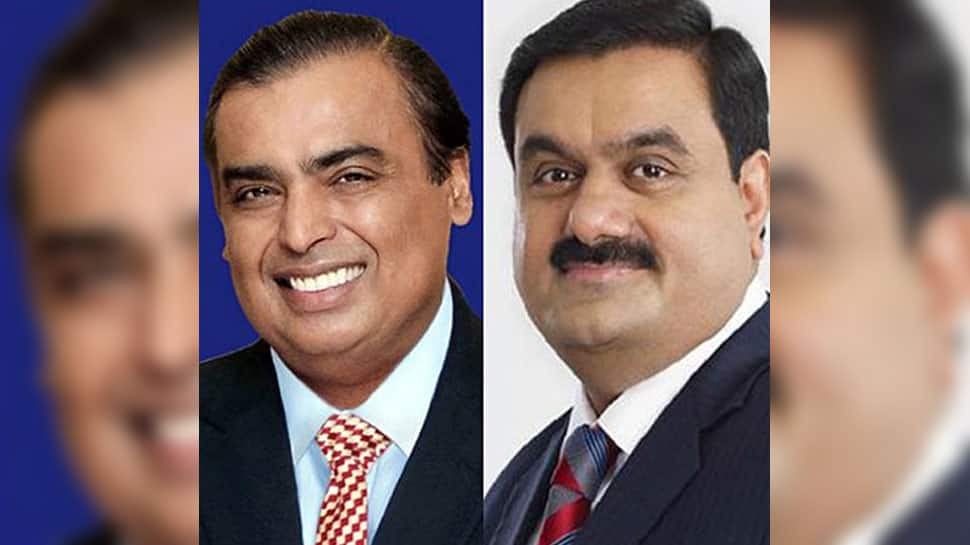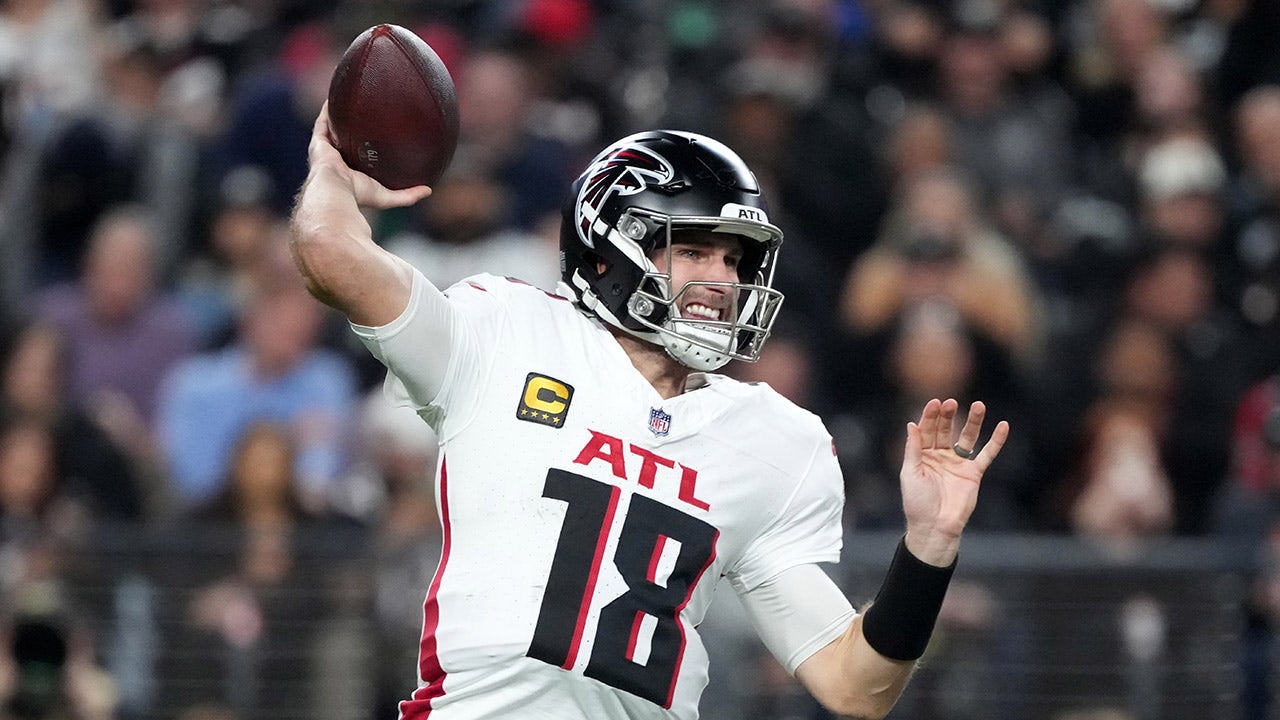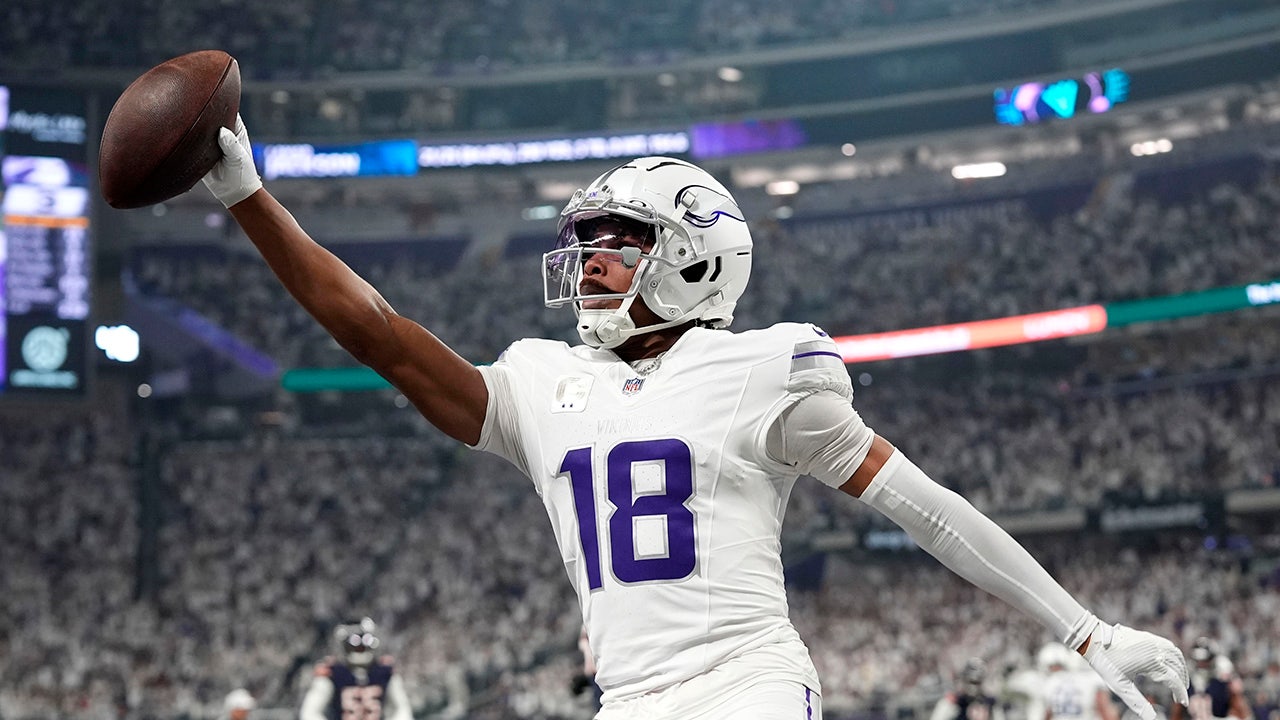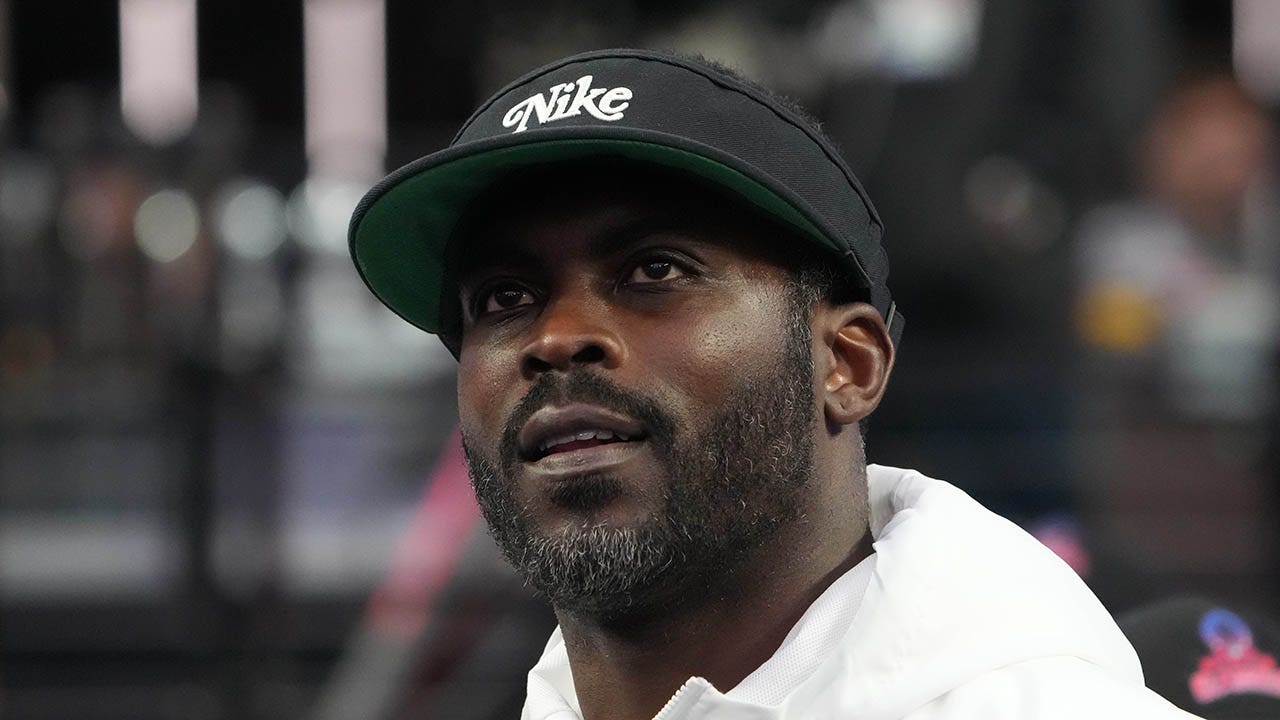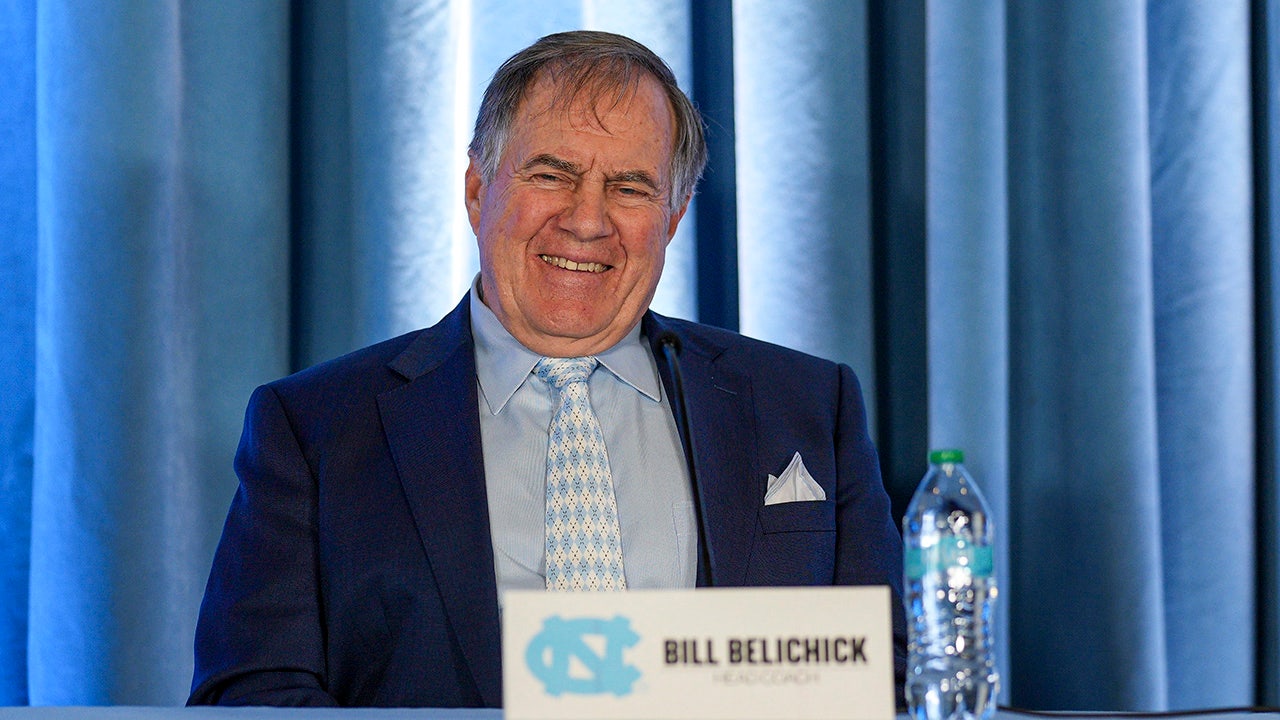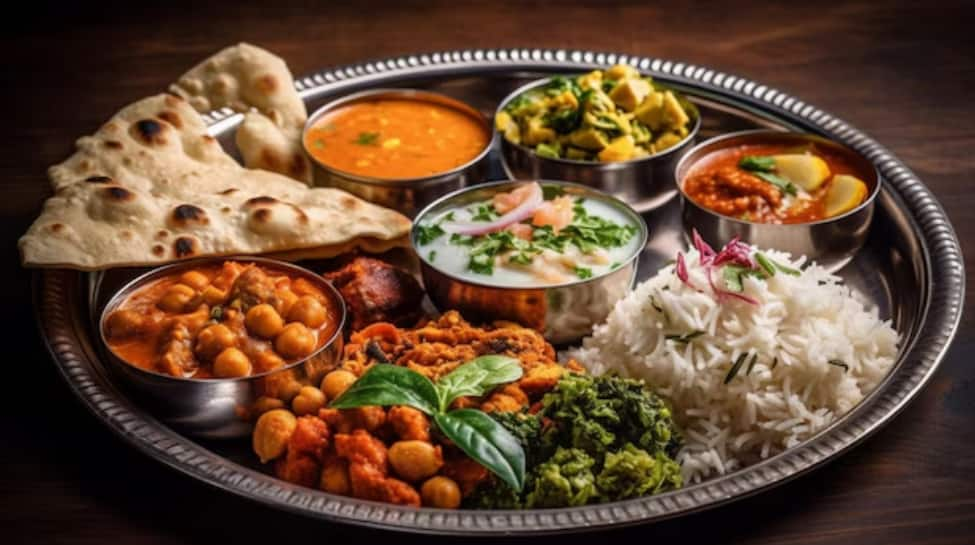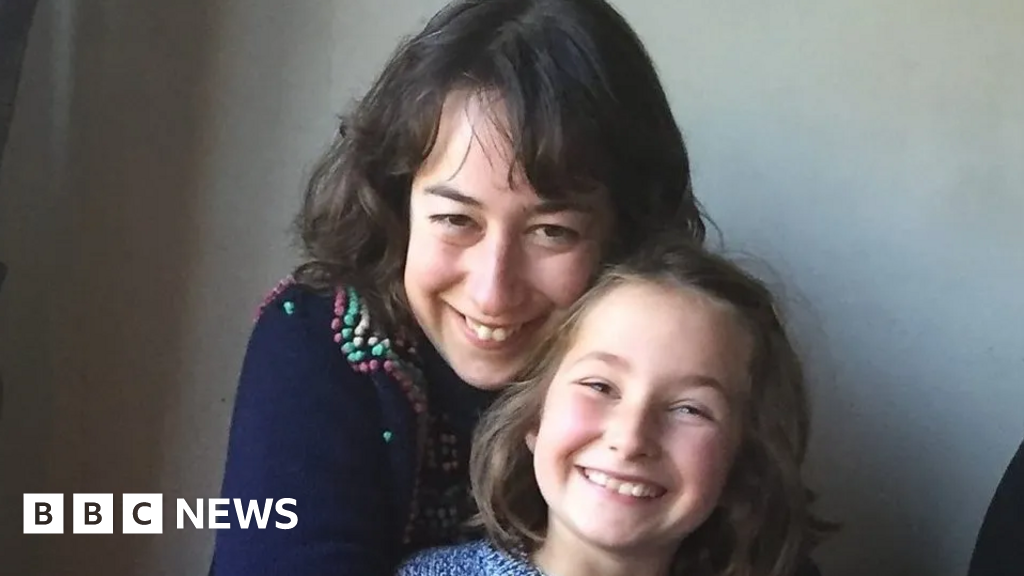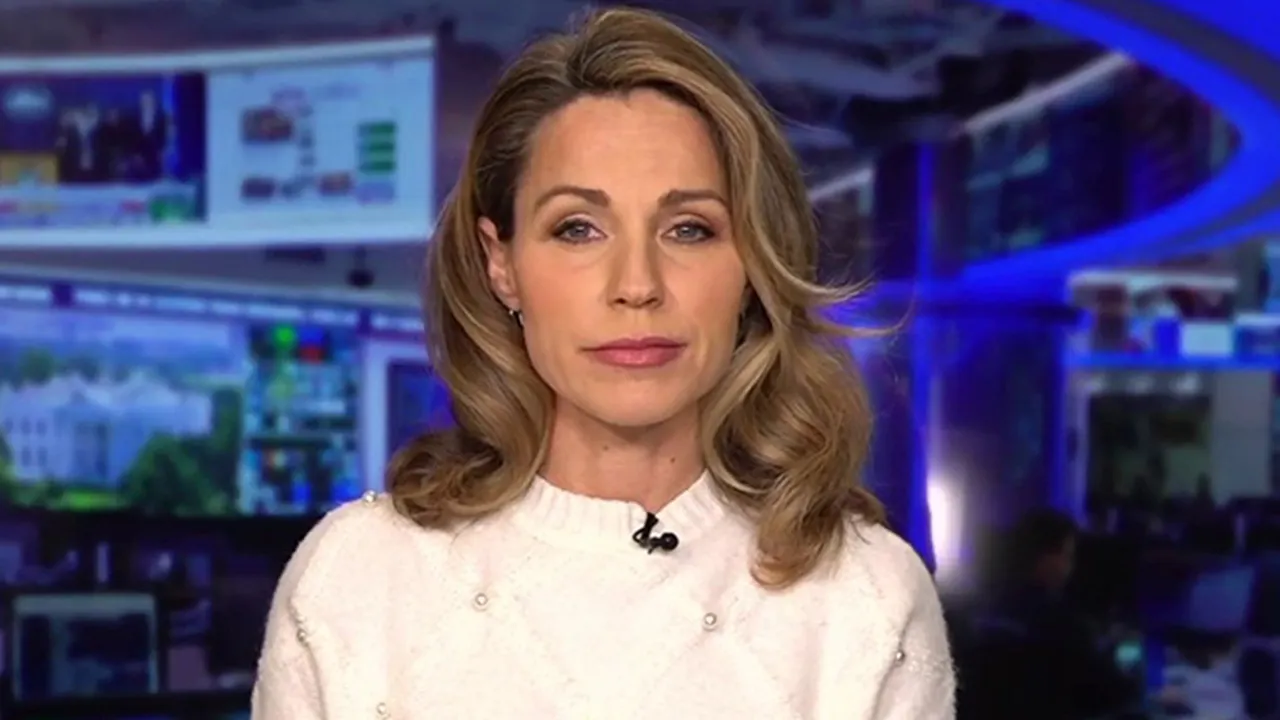On Tuesday, President Emmanuel Macron convened a meeting with some 300 mayors from municipalities that experienced violence and damage, in a bid to begin a forward-looking conversation on the work needed to be done to address France’s societal woes. Amid political polarization and squabbling between left-leaning and right-wing mayors, he admitted little “unanimity” was on show at the session. But he put on a brave face after a week of chaos forced his government into crisis mode.
“Is it a permanent return to calm? I will be cautious, but the peak that we’ve seen in previous days has passed,” Macron said, according to Agence France-Presse. “We all want a lasting, republican order. That’s the absolute priority.”
France has been here before. From the 1980s onward, rage at police brutality and systemic discrimination has led to rounds of such havoc in poorer communities largely composed of the country’s North and West African-origin minorities. But the chaos of the past week was also shaped by new elements, not least social media, where manic scenes of young people setting cars ablaze and ransacking shops subsumed the tragedy of Merzouk’s execution-style death at a police traffic stop.
What’s also new is the apparent opening the violence appears to have given France’s far right. Marine Le Pen, who has spent the better part of two decades bringing a political movement once on the country’s neofascist margins into the mainstream, has capitalized on the moment. An opinion poll in the aftermath of the unrest found that the French public approved of her tough response to the riots more than that of any other French politician, including Macron.
While her deputies railed at the effects of migration and the perceived misanthropy of the protesters, Le Pen is pushing harsh measures, including lowering the age where offenders can be tried as adults in criminal proceedings to 16, as well as stripping those convicted of crimes or more minor offenses of access to public housing and welfare payments. She also called for more prison beds to be opened and a system of mandatory minimum sentencing to come into force.
Macron has been taking a more cautious approach, urging a social reckoning where “we are going to build solutions together.” He also pinned the unrest in part on the effects of social media, particular TikTok and Snapchat, for helping rioting youths to mobilize and inspiring copycat antics. Such arguments were met with derision on the left, where some politicians are calling for more direct recognition of the racism inherent in French society, especially among the police.
“If you think people are going to burn down a police station because they read a tweet, that’s a conspiracy-theorist way of seeing things, which ignores the social reasons behind these conditions,” leftist parliamentarian Alexis Corbière said in an interview. “People have lost their lives, and the way it’s been handled hasn’t given the families any confidence.”
The polarization on show marks a distinction from the past. “Eighteen years ago, France was a country dominated by the traditional parties of the center-right and center-left,” wrote John Lichfield, who served as Paris correspondent for the Independent for two decades. “No prominent politicians encouraged the riots. Few sought to profit from them by suggesting that France faced racial or religious civil war. Now French politics is split three ways between a radical left, President Emmanuel Macron’s muddled, reformist center and a hard and far right that thinks in explicitly racial terms.”
In recent years, various luminaries of the French establishment, including Macron, decried the supposed infiltration of “woke” American values into their society, especially as the Black Lives Matter movement gained steam globally after the 2020 killing of George Floyd in Minneapolis. In their telling, France’s secular, republican ethos was getting corroded by a leftist, “identitarian” streak antithetical to the country’s colorblind values.
To be sure, left-leaning critics have long pointed to the hypocrisy of this official colorblindness and the unresolved tensions in French society, including how the ghosts of its colonial era still haunt its racialized, impoverished banlieues, or working-class suburbs.
Whatever the merits of these competing views, a new kind of American import seems to have taken hold of France in the wake of these riots — that is, an illiberal embrace of “law and order” politics, coupled with a weaponized contempt for the ex-urban communities where disadvantaged minorities reside. In an echo of right-wing-supported fundraisers seen in the United States, a crowdsourced drive to raise money for the officer who killed Merzouk on the GoFundMe website pooled four times as much cash in recent days than a parallel fund launched in support of the slain teenager’s family.
Le Pen and other right-wing challengers to Macron are bound to tap into this growing sentiment in the coming years. Their counterparts in Europe have already seized on the moment. Hungarian Prime Minister Viktor Orban pointed to the scenes in France as evidence of the failures of multiculturalism and justification for his government’s desires to wreck a planned European pact on migration. Far-right Italian politician Matteo Salvini said the riots were the result of “years of laxity towards Islamic radicalization and banlieues dominated by criminality.”
Macron’s time in office has not been short of crises, including waves of mass protests over his attempts at shaking up France’s economy, including most recently a bruising battle over pension reform. However he handles this latest challenge, analysts see a deeper unraveling taking place.
“It’s as if France was a pressure cooker, [each crisis] reveals tensions, a conflict in society, tensions over the respect owed to our institutions … Our country is constantly invoking Republican values, but it appears entire segments of the population don’t feel this matters to them,” Bruno Cautrès, a politics researcher with Sciences Po, told Politico.







